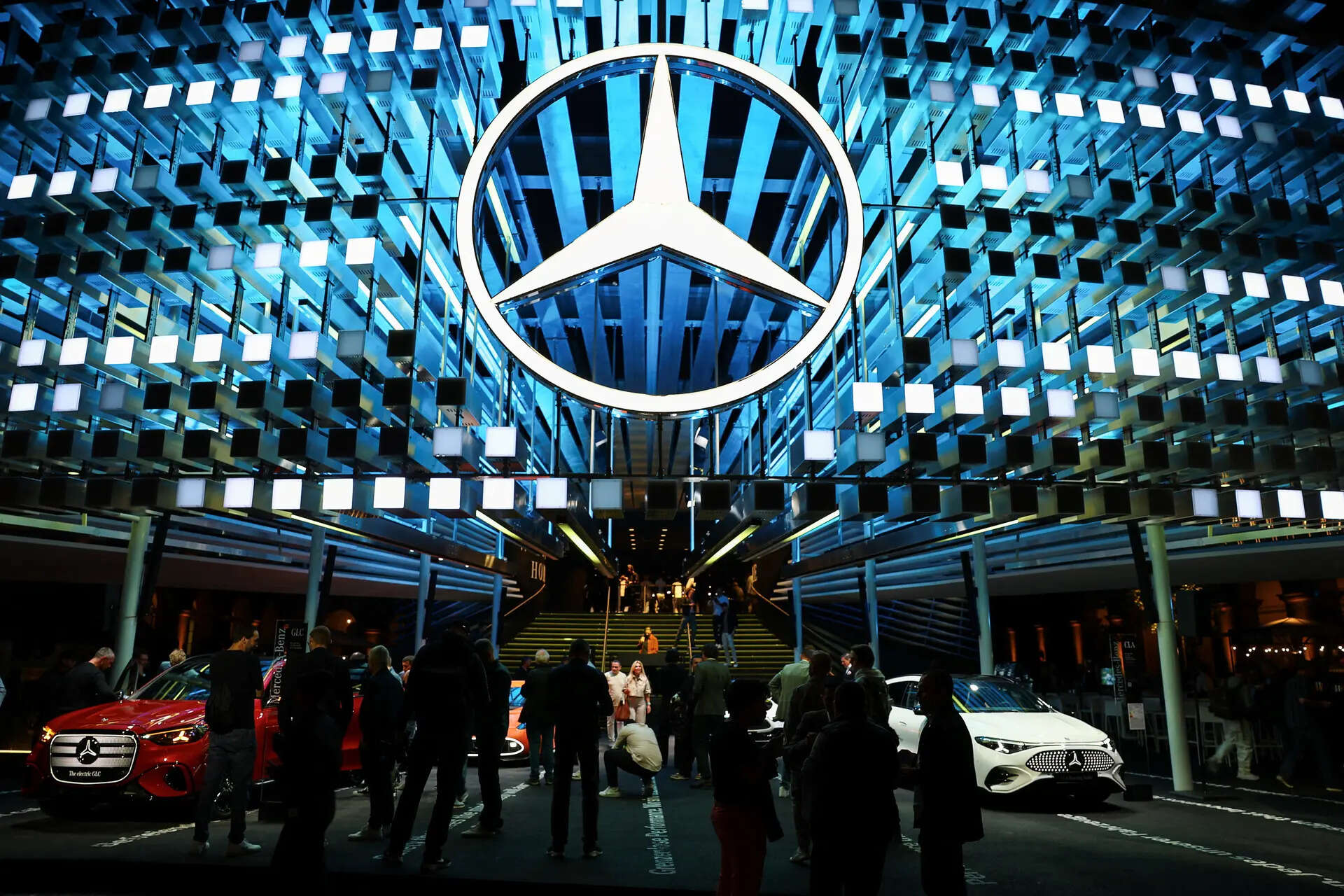 Mercedes-Benz, which leads India’s luxury car market, sold a record 19,565 units in 2024.
Mercedes-Benz, which leads India’s luxury car market, sold a record 19,565 units in 2024.Mercedes-Benz will continue investing in India, including bolstering local production, regardless of the outcome of the ongoing India–EU free trade agreement (FTA) negotiations, a top company executive said.
As reported by PTI, Mathias Geisen, Member of the Board of Management, Mercedes-Benz Group AG, described India as a “priority and growth market” and confirmed that none of the company’s plans have been put on hold.
“We haven’t put any plans on hold compared to what we have originally,” Geisen said on the sidelines of the IAA Mobility Show in Munich. “Of course, we have different scenarios, and some of them include this topic. But that really depends on how the regulations will turn out.”
He added, “We in general believe in free trade… it is always something which helps, and we believe that this also pushes the economy absolutely.”
FTA talks
India and the EU are in advanced stages of negotiating the FTA, with two crucial rounds slated for September in New Delhi and October in Brussels. Key sticking points remain on rules of origin, market access and duties on wine and dairy products, although 11 chapters—including customs, digital trade, and SMEs—have already been concluded.
Mercedes-Benz, which leads India’s luxury car market, sold a record 19,565 units in 2024. “India is definitely on our priority list. With the products we have in the pipeline, we can address this market pretty well. We always look into where localisation makes sense and where not,” Geisen said.
He noted that competition in India is intensifying as other OEMs also increase investments, especially in CKD (completely knocked down) production. “It’s getting tougher and tougher. Everyone now looks at what happens if China is not as big as it was before as a sales market,” he added.
On product strategy, Geisen confirmed Mercedes has no plans to discontinue diesel powertrains and has already updated its internal combustion engines to EU 7 standards. Addressing slower EV sales globally, he said the company’s flexible production strategy ensures it can respond to varying regional demand.




